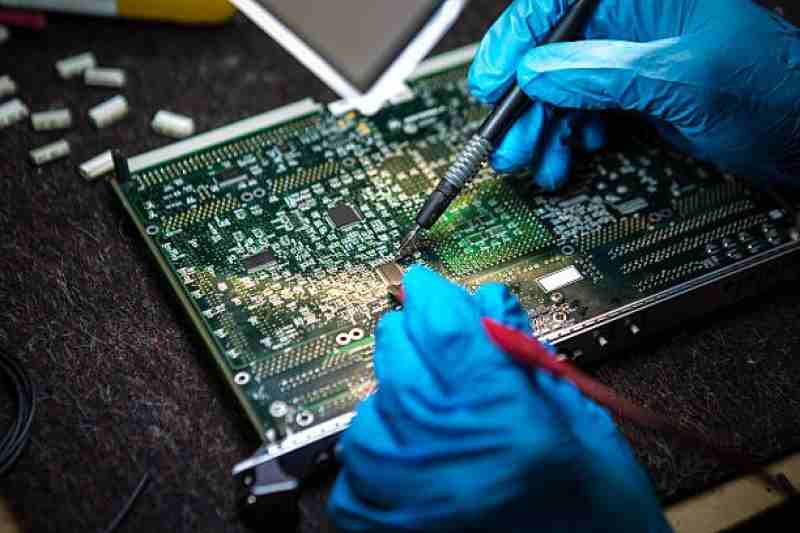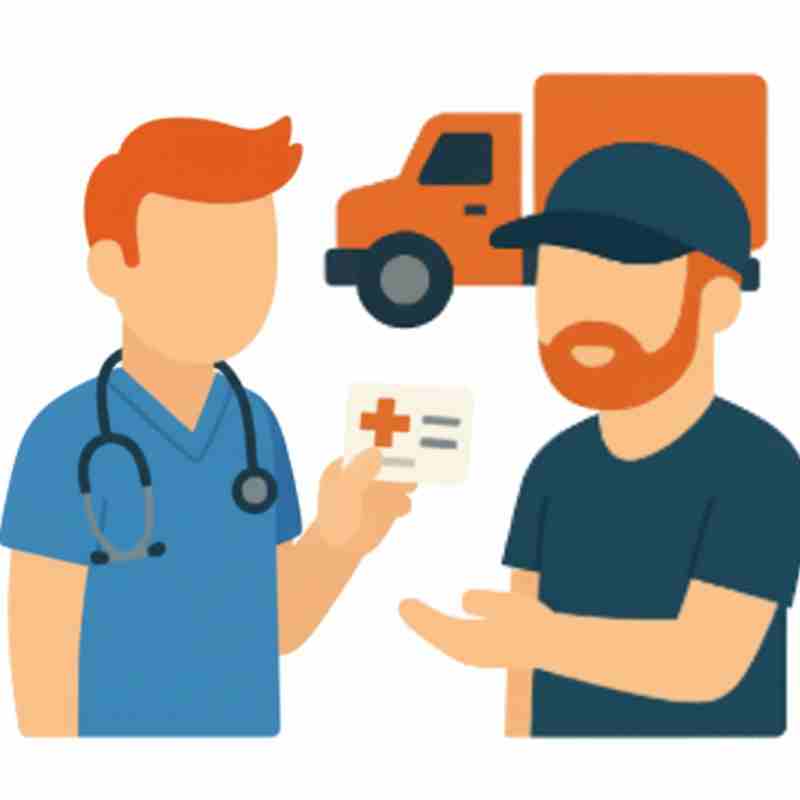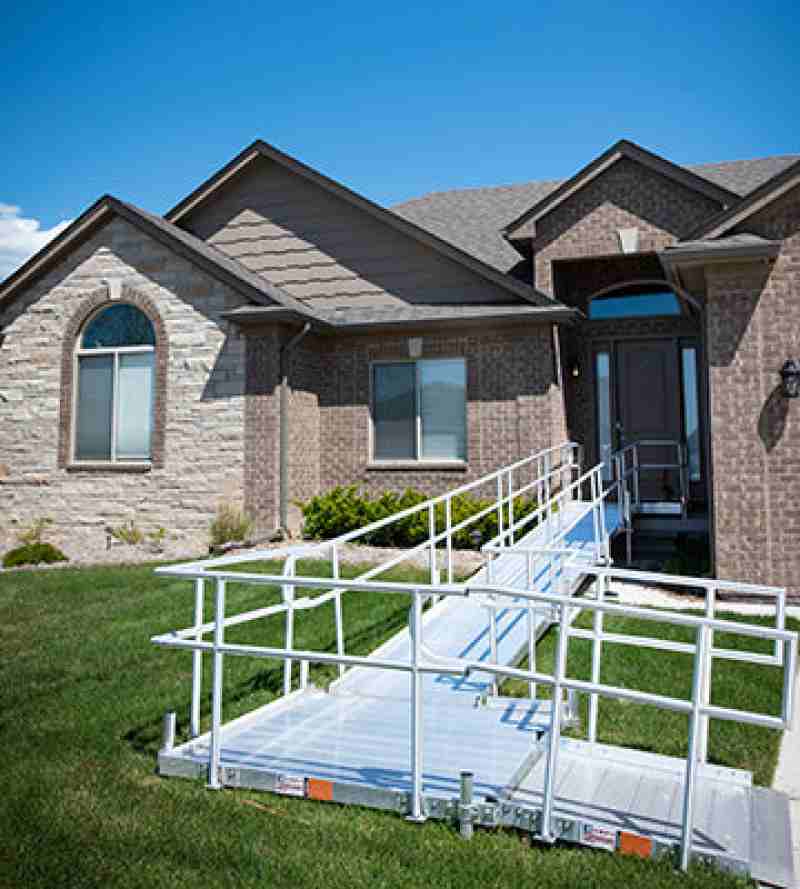Business
Everything You Need to Know About CDL Physicals and CDL Exams

If you’re planning to become a commercial driver or renew your existing commercial driver’s license, you’ll need to complete a CDL physical — officially known as a DOT medical exam. These CDL exams are essential for ensuring that all commercial drivers are physically fit to safely operate large vehicles. The process may sound intimidating, but with the right preparation and understanding, it’s actually quite straightforward.
What Are CDL Physicals and Why Are They Important?
A CDL physical is a medical examination required by the Department of Transportation (DOT) for all commercial drivers. The purpose of this exam is to ensure that a driver is in good enough health to operate commercial motor vehicles safely. Because truck drivers often handle long hours, heavy loads, and potentially hazardous conditions, these exams help prevent accidents caused by medical issues behind the wheel.
During CDL exams, a licensed medical examiner evaluates your overall physical and mental condition. Drivers who pass the exam receive a Medical Examiner’s Certificate (MEC) — which must be kept current to maintain an active CDL. The certificate typically lasts for up to two years, depending on the driver’s health status.
What to Expect During a CDL Exam
The CDL physical exam is thorough but not overly complicated. It typically includes several key components designed to assess your physical and mental readiness for the job.
1. Medical History Review
You’ll begin by completing a medical history form that covers:
- Previous surgeries or hospitalizations
- Ongoing medications or chronic conditions
- Substance use or mental health concerns
- Past injuries or illnesses that might affect driving
Being honest on this form is crucial. The examiner uses this information to assess any potential risks related to your driving ability.
2. Vision and Hearing Tests
Commercial drivers must have adequate vision and hearing.
- Vision: You must have at least 20/40 vision in each eye (with or without correction).
- Hearing: You must be able to hear a forced whisper from at least five feet away.
3. Blood Pressure and Pulse Rate
High blood pressure can affect your certification period. Drivers with normal readings may receive a two-year card, while those with elevated readings might get shorter validity until it stabilizes.
4. Urinalysis
A simple urine test checks for signs of diabetes, kidney problems, or other underlying health concerns. (Note: this is not the same as a drug test.)
5. Physical Examination
The examiner will check your:
- Heart and lungs
- Abdomen
- Neurological function
- Musculoskeletal health
- Reflexes and coordination
This step ensures you’re physically capable of performing the duties required of a commercial driver.
How to Prepare for CDL Physicals
Proper preparation can make your CDL exam smoother and increase your chances of getting approved without restrictions. Here are a few tips:
1. Bring Necessary Documents
Make sure to carry:
- A valid driver’s license
- Medical history and medication list
- Glasses, contact lenses, or hearing aids if you use them
- Recent medical reports (if you have a chronic condition)
2. Manage Your Health
A few weeks before your CDL physical, maintain healthy habits like:
- Reducing caffeine and sodium intake
- Drinking plenty of water
- Getting regular sleep
- Taking prescribed medications as directed
3. Be Honest
If you have a medical condition, don’t try to hide it. Examiners are trained to help drivers maintain compliance safely, and honesty often leads to more supportive solutions.
Common Health Conditions That Can Affect CDL Certification
Some medical issues may impact your ability to pass CDL physicals, but they don’t always mean automatic disqualification. These include:
- High blood pressure
- Diabetes requiring insulin
- Sleep apnea
- Vision or hearing impairments
- Heart disease
In most cases, drivers can continue working as long as the condition is well-managed and documented by a healthcare provider.
What Happens If You Fail a CDL Exam?
Failing a CDL physical doesn’t necessarily end your driving career. It simply means that you’ll need to address the specific health issue before reapplying.
For example, if your blood pressure is too high, your examiner may issue a temporary certificate while you work on lowering it. Once you’ve stabilized your condition, you can retake the exam to receive a full certification.
How Often Do You Need CDL Physicals?
Most drivers need to renew their CDL medical certification every 24 months. However, if you have certain conditions like high blood pressure, diabetes, or vision issues, the examiner may issue a certificate valid for a shorter period — often 3, 6, or 12 months — to ensure ongoing medical monitoring.
Why Regular CDL Exams Matter
Consistent CDL exams help maintain road safety by ensuring every driver meets the physical and mental standards necessary for commercial driving. They also help drivers monitor their own health, often catching medical conditions early before they become serious.
Final Thoughts
Completing your CDL physical and passing the CDL exam is an essential step toward building or maintaining your career as a commercial driver. These exams protect not only you but also other motorists by ensuring all drivers are fit for the demanding responsibilities of the job.
By understanding the process, preparing in advance, and staying proactive about your health, you can keep your certification current and your career moving forward.
FAQs About CDL Physicals and CDL Exams
Q1: How long is a CDL physical valid?
A CDL physical is valid for up to two years unless the examiner recommends a shorter interval due to a medical condition.
Q2: Can I fail a CDL exam for high blood pressure?
Yes, but you can usually retake the exam after managing your blood pressure through treatment or lifestyle changes.
Q3: Do I need to take a drug test during a CDL physical?
No, the urinalysis in a CDL physical checks for medical conditions, not drugs. However, separate DOT drug testing is required for employment.
Q4: Can I use my glasses or hearing aids during the exam?
Yes. Corrective lenses or hearing aids are allowed to help you meet the vision and hearing requirements.
Q5: What happens if I let my medical certificate expire?
You won’t be legally allowed to operate a commercial vehicle until you renew and submit an updated medical certificate.
Source:
Click for the: Full Story
You might like













 Close Menu
Close Menu